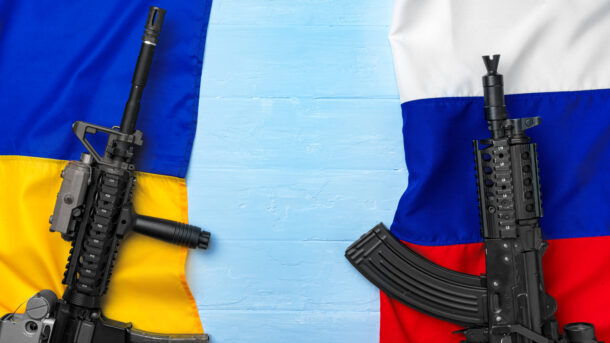As the Russian military continues to build up its forces on the Ukrainian border, the tension between Russia and the United States is escalating. Some experts say that this could be a sign of an impending invasion by Russia, while others believe that it is simply a show of force to get the United States to back down. So what does all of this mean for the United States? Furthermore, should we be worried about a potential war with Russia?
Here are the six reasons that the escalation is occurring between the US and Russia
Russian collapsing sphere of influence
Ukraine became independent in 1991 after the fall of the Soviet Union, and for the first few years after that, things were relatively peaceful. Putin, who is a firm believer in Russia’s historical and cultural ties with Ukraine, still considers Ukraine firmly connected to Russia on a cultural and political level. He stated last year, “I said that Russians and Ukrainians were one people, a single whole.” As Ukraine’s relationship with the West deepened, Putin has become more and more worried about losing control over Ukraine, which is why he has been working so hard to degrade the relationships as Ukraine is an integral part of Russia’s sphere of influence.
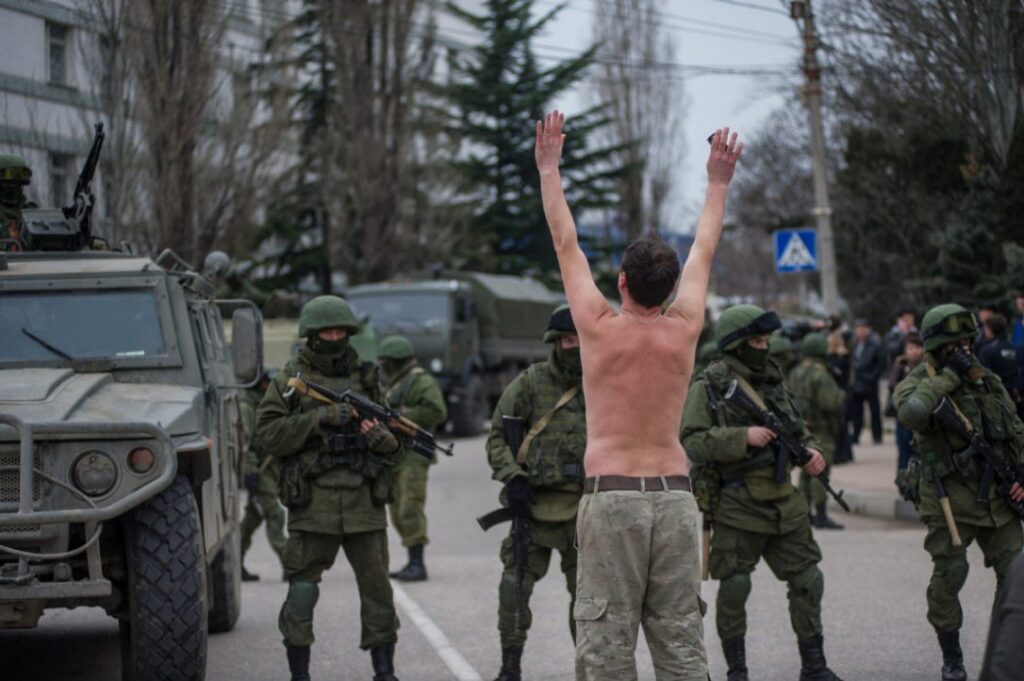
Annexation of Crimea
In February 2014, the Russian Federation annexed Crimea and supported separatist rebels in eastern Ukraine. The Russian government claimed that the citizens of Crimea wanted to become part of Russia. Still, many believe that the annexation was due to Putin’s fear of losing control over the region after the ousting of President Viktor Yanukovych. Putin remarked that “we must start working on returning Crimea to Russia.” The Federation was hit with a number of sanctions from the West due to Russian support for the separatists. Since then, Ukraine has heavily invested in its military. The military has doubled in size. Again, an additional threat to Putin’s end state of a unified Federation with Ukraine as back as part of Russia.
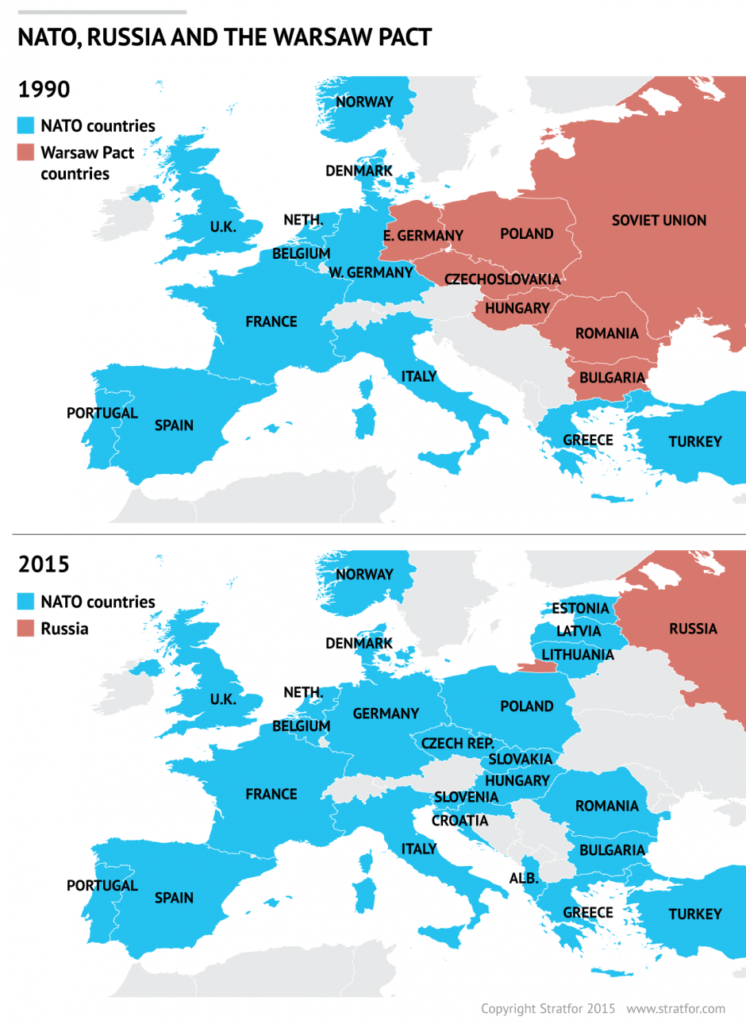
NATOs Expansion and Ukraine’s desired addition
The third reason for the escalation is NATO’s expansion and broken promises. At least the perception of broken promises. First, unlike the UN, NATO is a military organization, primarily led by the United States, with most of the members from Europe, with some being former members of the former Soviet Union. This is where the broken promises come in. In 1997, NATO committed not to expand eastward. “We won’t move one inch towards the east they told us in the 1990s”, according to Putin. However, in 2004, the alliance admitted Poland, Lithuania, Latvia, and Estonia and began discussions with Georgia and Ukraine about membership.
Two years ago, Ukraine paved the way toward full NATO membership in its constitution adding a NATO Membership Action Plan as part of the country’s Strategy for National Security. When President Zelenskyi was asked what he would say to President Biden, he responded, “Why are we still not in NATO?”
Putin has charged that NATO has reneged on its commitment and violated Russia’s sphere of influence. Putin demands NATO move back west, and NATO states it will not do so. However, times are changing, and the political landscape of the West is shifting, this may be an opportunity for Putin, but he has his own obstacles.
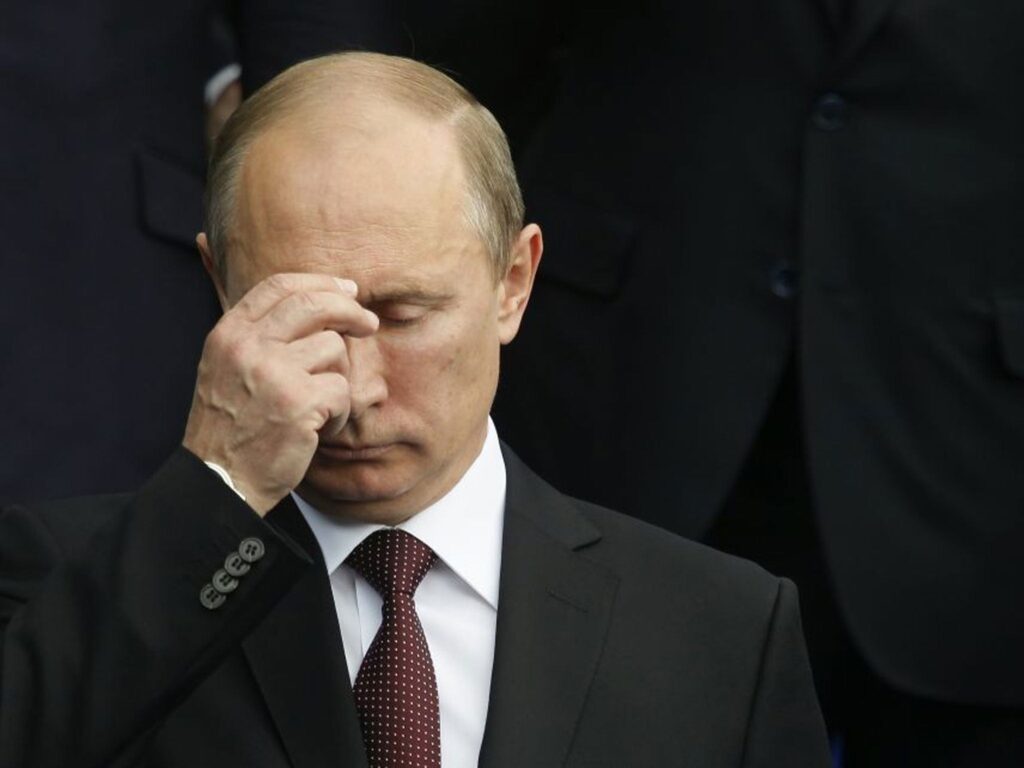
Putin’s polls are hurting
In a September 2021 poll, 81% of Ukrainians say they have a negative attitude about President Putin. On top of that, Ukrainian President Volodymyr Zelensky’s stated, “we have everyone’s full and permanent support, support by Ukraine’s international partners by Europe and the United States in particular.” At this point, Putin has probably concluded that the influence of the West is getting too great, and Russia must employ another tactic.
On the other hand, Ukrainians now prefer Ukrainian to Russian as their native language and is the tongue of choice amongst younger Ukrainians. Pro-Russian political parties have struggled to win presidential elections and obtain majorities in the lower house of parliament. Their efforts are hampered by the lack of Ukrainian support of Russia.
Despite having been carrying out extensive destabilization operations in Ukraine for eight years, Russia has had few successes. Putin’s autocratic rule at home and his aggression towards them and other former Soviet republics abroad have solidified Ukrainians’ loyalty to Ukraine, especially among young Ukrainians. As John Herbst, senior director of the Atlantic Council’s Eurasia Center and former US ambassador to Ukraine, stated, “Putin is the father of Ukrainian nationalism.”
Afghanistan Retreat and Merkel’s departure
When the United States withdrew from Afghanistan, it revealed a lack of western unity and no one could trust the US. The perception in Russia and many other parts of the world was that the Americans had been defeated and retreated. As former national security advisor for President Trump, K.T. McFarland, pointed out, “whatever happened in Afghanistan had a ripple effect on Ukraine… Russia will think this is my time. America’s weak. it’s disorganized”. Simultaneously, Russia was basking in the success. Putin felt that he had military victory in Syria, and the subsequent withdrawal of some of its forces from there has also given Putin a sense of confidence. This was especially apparent after Angela Merkel announced her retirement as Chancellor of Germany. Merkel had been one of Putin’s strongest opponents, supporting sanctions against Russia after it annexed Crimea. Her departure leaves a power vacuum in Europe that Putin may exploit.
This would not be the view of the White House. However, the fact is that the West did not act as one in Afghanistan, nor is it with Ukraine demonstrated by the US sending lethal aid, and Germany not.
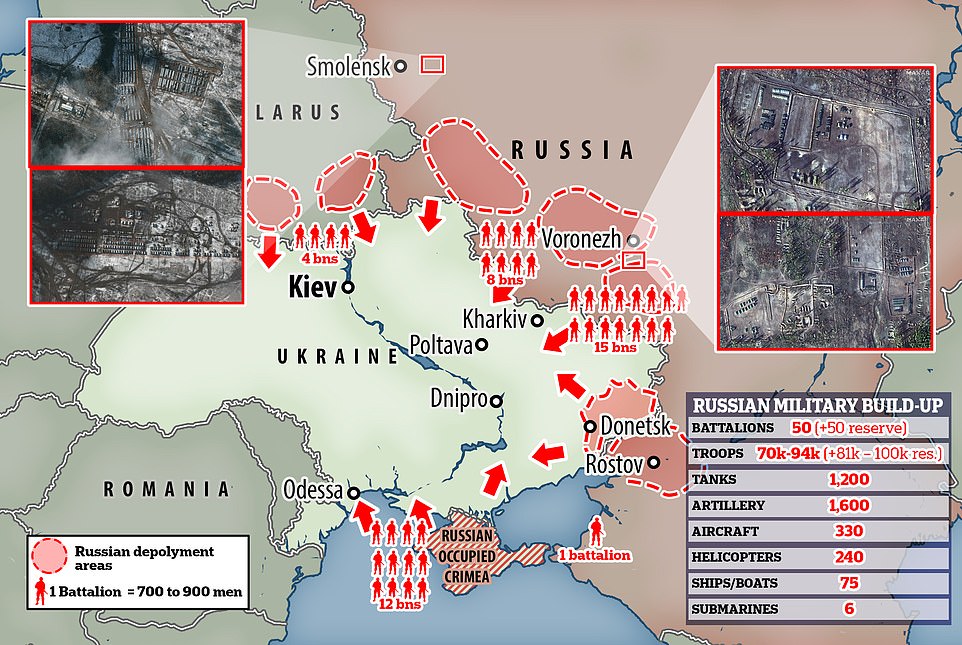
Russian Troop Build-up
The final reason for the tension is the noticeable buildup of Russian troops on the Ukrainian border. The number of troops has increased to about 130,000, with US intelligence agencies assessing that the Kremlin has plans to add 45,000 more in the next few weeks. As the Federation increases resources, so does the West. The US had sent Ukraine 90 tons of lethal aid. The UK is also sending military equipment. President Putin has noted this by stating, “our western associates are escalating the situation by supplying Kyiv with lethal modern conducting provocative military maneuvers in the Black Sea and other regions near our borders.
The West’s and Russia’s perspectives on the world have collided. Now that risk is becoming more military. Ukraine has become a battleground to test its positions and military strength. Both sides attest that the other is incorrect, claiming that the other should withdraw. The Ukraine conflict has been used as an opportunity to evaluate the validity of each side’s claims.
It is imperative that the US work to deescalate any further or become too late as both sides are growing increasingly hostile towards one another while simultaneously claiming they’re doing nothing wrong at all.

